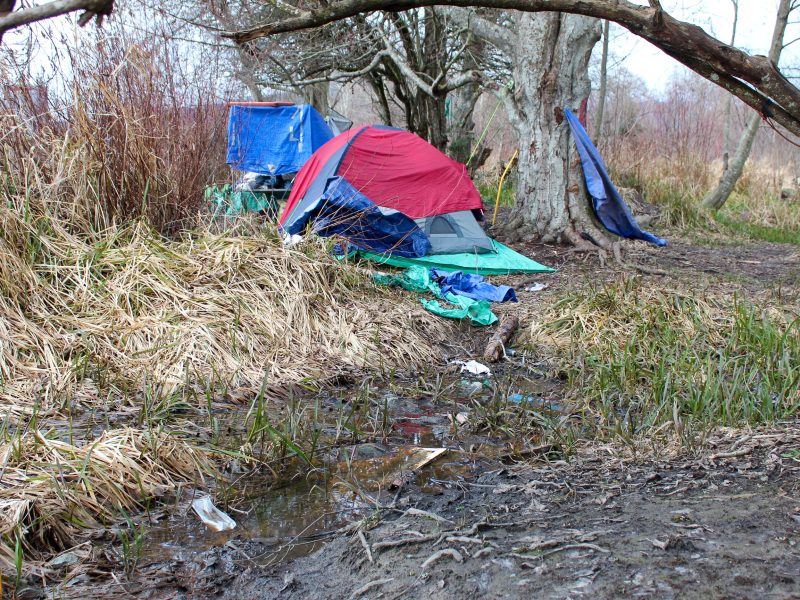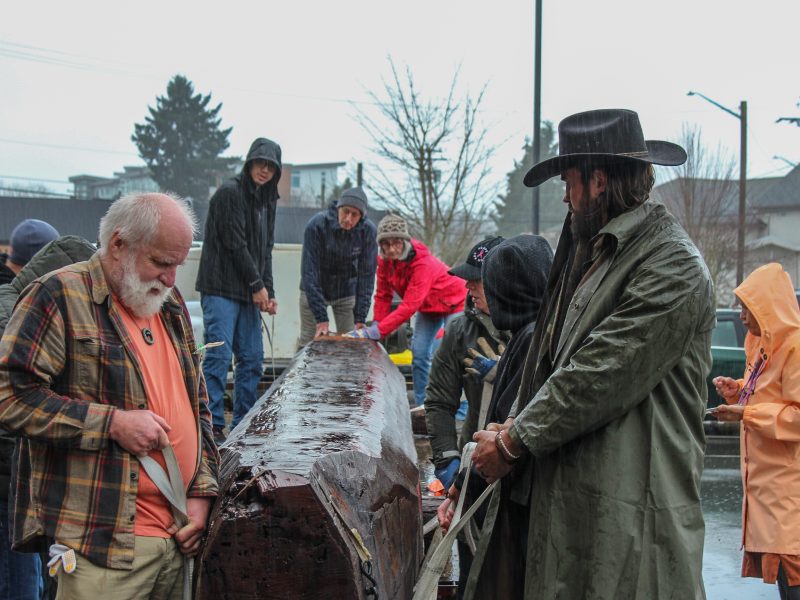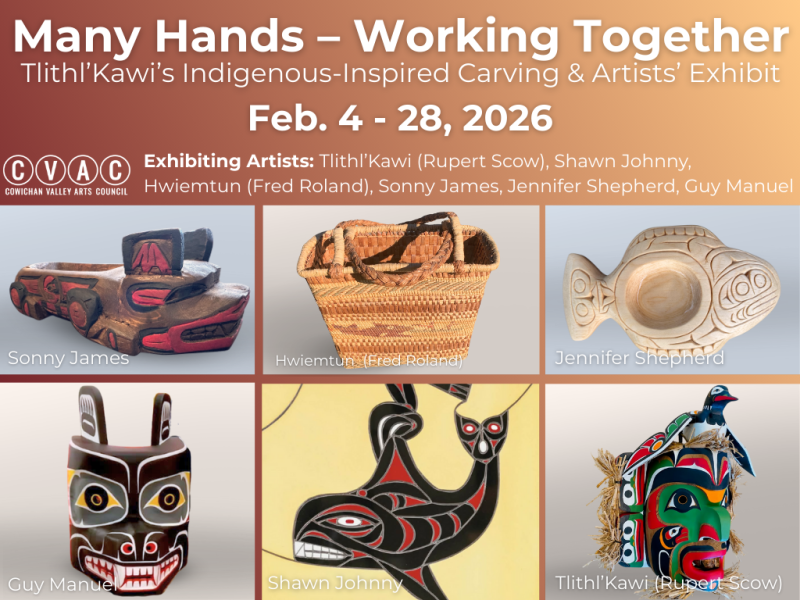
My name is Shalu Mehta and I’m a reporter for The Discourse, leading our coverage on the West Shore and contributing to our Cowichan Valley coverage. I am an immigrant settler who has the privilege of living on the traditional territories of the Lekwungen Peoples. The work I do is in reference to the lands of many nations, including Coast Salish, Pacheedaht and Nuu-chah-nulth Peoples.
I did most of my growing up on the traditional territory of the Three Fires Confederacy of First Nations which comprises the Ojibwe, the Odawa and the Potawatomi Peoples (Windsor, ON and Chicago, IL). I recognize that these lands are the intersection of the Great Lakes and I acknowledge that, over time, people from many different nations have travelled them as sites of trade, gathering and healing.
I was born in the United Arab Emirates with familial roots dating back generations in India — particularly in the Gujarat region — and in recent years I have been exploring my ties to lands in the north-west of India.
I share all of this because, through recent work, I’ve learned the importance of self-location. It’s an opportunity to acknowledge and remember my roots as well as honour and connect with those who have deep roots on the land where I now live. I’m grateful for this teaching.
On the topic of teaching, I want to offer this personal reflection as a note of appreciation for all teachers — those working in schools and those who teach in other settings, too.
In February, the Cowichan Valley School District board of education announced the formation of an Ad-Hoc Anti-Racism Committee. The purpose of the committee is to examine biases, values, attitudes and beliefs to uncover truths and facilitate reconciliation. A main goal for the committee, among others, is to create an anti-racism policy to support BIPOC (people who are Black, Indigenous or persons of colour) in the district’s schools and workplaces. The board invited me to join, acknowledging the importance of including the media and creating transparency about the process.
I have now attended two of these committee meetings on behalf of The Discourse and I’d like to say what a privilege it is to learn from and share experiences with the members of this group.
Our last meeting left me with feelings of deep appreciation for the teachers in our community.
Those in attendance were all teachers in their own right — elders, school teachers, community leaders and more. We shared our thoughts and experiences and were quite vulnerable in doing so. We spoke of the pain felt by us and our communities and admitted to gaps in our knowledge, acknowledging a desire to learn more and grow.
We read the Truth and Reconciliation Commission of Canada’s Calls To Action and considered why these things were being asked of us. I think many of us agreed that learning about and truly acknowledging the past as well as learning about how to take healthy action is incredibly important in order to pave a better path forward. We considered how schools — places of teaching and learning — can be places of healing.
We were also asked to consider the question, “What is racism?”
It’s a tough question to answer because I think there are so many aspects to it. You can view racism systemically but you can also consider what racism means socially.
When I consider what racism is, I think of power. I think it’s what happens when racial prejudices and biases — subtle or not — are given power through people, resources and privilege. It’s top-down, insidious and can be seen in social settings as well as in systems like education, laws, health care and more.
But I was also reminded of something my grandma (we call her Baa) once told me. I remember coming home from school one day feeling hurt about the way my peers and teachers talked about my culture. I can’t remember what the exact remarks were but I do remember my Baa telling me to not give their words power. She then countered by doing what she always did — she told me stories from my culture. My Baa died a few years ago but her stories are wrapped around my brain like a protective shield — empowering me to embrace my culture, learn more about others and block out the hate.
I truly think there’s enough power in knowledge, education and truth to counter racism. The act of learning and sharing knowledge can be so impactful. It serves as a way to grow, heal, preserve culture and history and empower yourself and others.
But education hasn’t always been accessible to everyone. For decades, schools weren’t considered safe spaces for many people. The legacy of residential “schools” in Canada serves as a reminder of that. As I start to see a shift in education systems and practices, I’m hopeful for the ability schools have to bring truth and healing to students.
I’m also hopeful that as communities are confronted with the truth, people who are no longer in school will embrace learning, too. There are so many wonderful opportunities to learn and the teachers in our communities — both in and out of school — continue to do good, hard work to pass knowledge along to others.
Education, teaching and knowledge are also woven through the Truth and Reconciliation Commission of Canada’s 94 Calls To Action. (If you haven’t read them, I strongly suggest you do.) The calls to action serve as a way to learn how we can implement concrete solutions for reconciliation.
As an immigrant growing up within the Ontario education system, I don’t think I ever learned about Indigenous history. Not properly, at least. My parents, who took a test and swore an oath in order to become Canadian citizens many years ago, didn’t learn about it either. We’ve had to do a lot of learning since then and, while it’s been a lot of work, I am absolutely glad we did because I think it has fostered a sense of empathy, understanding and desire to tell the truth within myself.
In recent months, I’ve heard so many people say “there’s no reconciliation without truth” and I find myself in agreement.
So, as my final words in this piece, I’d like to acknowledge the teachers in our community — the truth-tellers — who are using their power to bridge gaps, heal, preserve history, educate and lead us on a path towards reconciliation. Thank you, thank you, thank you for the work you do.
With gratitude,





